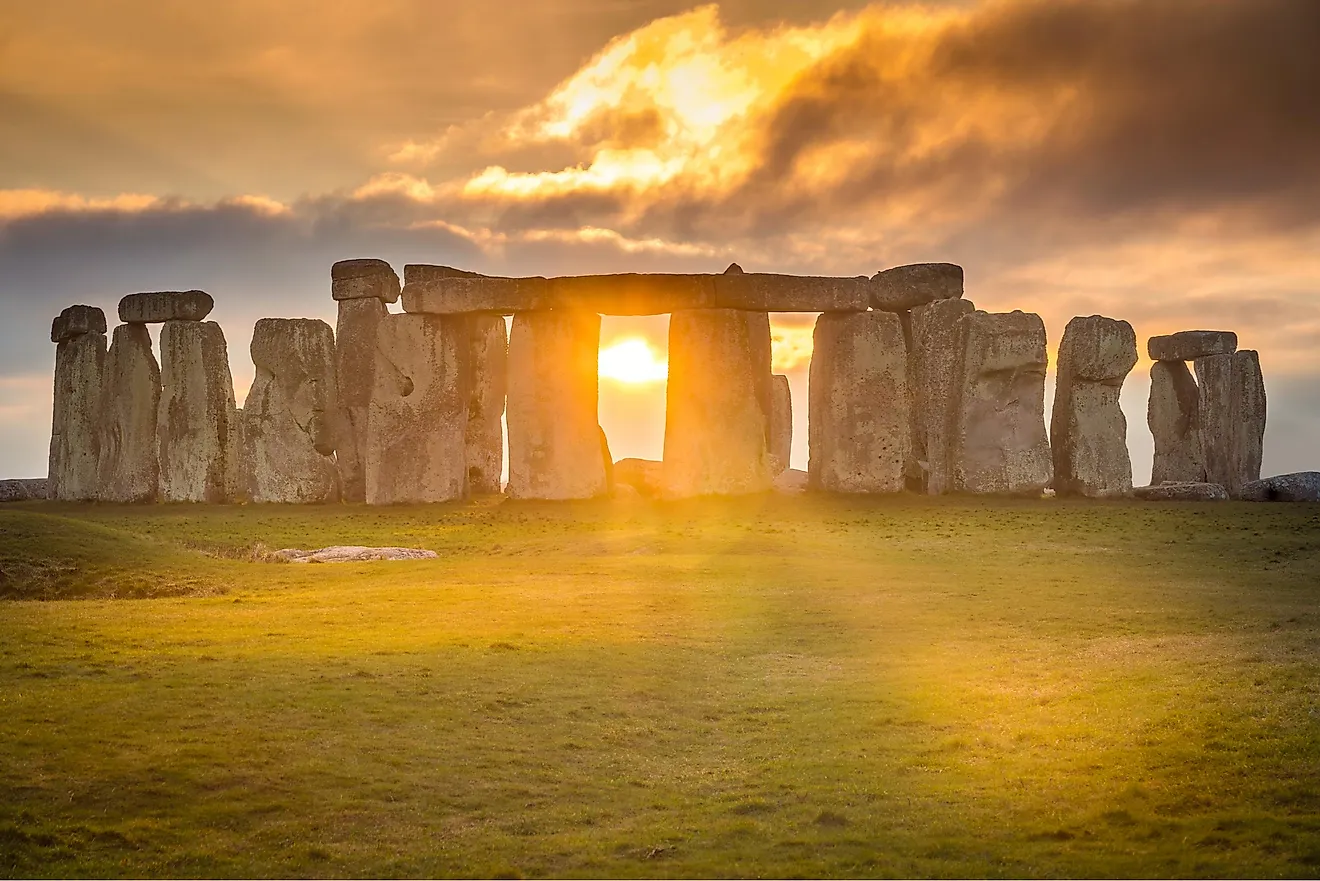Saturday was the Winter Solstice, the shortest day of the year. Here in Columbus, OH that meant 9 hours and 19 minutes of daylight. Now the days are getting longer. Today there will be a whole 10 seconds more daylight than on the solstice, and by the day after Christmas we'll be up to one whole minute more sunlight.
 |
| Early advent calendar? |
This is also the time of year when we see recurring articles about how Christmas is actually a thinly veiled refresh of pagan holidays. Such articles inevitably point to the fact that Christmas is set right around the solstice, and that various pagan holidays also fell at the time of the solstice.
However, this kind of thinking arguably gets the causality wrong. It's not that Christmas falls near the solstice because it is based on pagan solstice holidays, but rather that both pagan holidays and Christmas fall at that time in the year because it is the solstice.
When everyone's life depended far more on the agricultural cycle of the seasons that it does today, the point at which the days stopped getting shorter and the year began its slow progression towards spring was far more significant. The solstice as the point at which light began to return to the world.
It's not a surprise that ancient pagans celebrated this time, and at times did so with feasting and gift giving. The solstice was a time to reflect on the promise of the coming year with the return of the sun.
It's also not a surprise that Christians would celebrate at this time as well.
There are two ways to think about the timing of Christmas. One is that Christ really was born in late December, at which point it would seem that God truly chose to send the Son into the world with the promise of eternal life at precisely the time of year when the increase in daylight promised new life in the natural world.
The other is that Christians did not know the precise date of Christ's birth, and so they chose to celebrate it at the time of year in which the natural cycle of the seasons promised new life with the return of the sun.
Either way, this doesn't mean that Christmas was "based on" pagan holidays that fell at the same time in the calendar, but rather that this is a time of year when it is natural for people to celebrate.
I myself am taking off from the day-job until the new calendar year, so in addition to celebrating Christmas with the family I hope to write a bit more in these (virtual) pages which have been so badly neglected of late.
I've also got some business stuff to do. I continue to post new articles about pricing at Pricing Evolution every week. If you're at all interested in those, drop by and consider subscribing (it's free!) And I'm working on a business site related to that project, which hopefully will be up by the new year.
Best wishes for a blessed Christmas to all of you from the Darwins.
1 comment:
I think you'll enjoy this, and the site too. https://historyforatheists.com/2024/12/pagan-christmas-again/?fbclid=IwZXh0bgNhZW0CMTEAAR3_h8LYr3Cmc56nSBwMHWp9Fp6-oD3X4GC_fQTaFlbtg9GUlwOR-sv7r2A_aem_drT-1PfncireG0wIZk3prg
Post a Comment